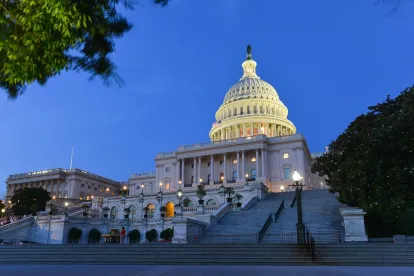A group of bipartisan U.S. Senators and U.S. Representatives recently introduced a new bill that, if enacted, would make several significant changes to the Opportunity Zone program. This Client Advisory summarizes the key modifications included in the proposed bill, the Opportunity Zones Transparency, Extension, and Improvement Act (available here).
CHANGES TO QOZ CENSUS TRACTS
Subject to limited exceptions, the proposed bill would terminate Opportunity Zone status for certain census tracts with a median family income exceeding 130% of the national median family income (based on the 2020 U.S. Census). Existing qualifying investments in Opportunity Zones would be unaffected by the disqualification of these current zones, provided that the investments satisfy certain requirements. Additionally, the bill would authorize state governors to nominate additional census tracts as Opportunity Zones to replace the newly disqualified tracts.
EXTENSION OF DEFERRAL PERIOD
The proposed bill would extend the deferral period for capital gains invested in Qualified Opportunity Funds. Under the proposed bill, the deferral period for paying the deferred tax on qualifying investments would be extended from December 31, 2026 to December 31, 2028.
RESTORING QOZ TAX INCENTIVES
The extension of the deferral period discussed above would restore and revise the ability of taxpayers to eliminate up to 15% of the deferred gain – these rules are discussed in our prior Client Advisory (available here). As proposed, qualifying investments made (i) prior to December 31, 2023 and held for at least 5 years, would have 10% of the deferred capital gains excluded from income, and (ii) qualifying investments made by the end of this year (i.e., 2022) and held for at least 6 years would have an additional 5% of the deferred capital gains excluded from income.
INFORMATION REPORTING REQUIREMENTS
The proposed bill would establish new information reporting requirements on qualified Opportunity Zone investors, Qualified Opportunity Funds, and Qualified Opportunity Zone Businesses. The proposed bill would also impose penalties for the failure to make timely, complete, and accurate Opportunity Zone-related filings.
MODIFICATION TO PERMISSIBLE INVESTMENT STRUCTURE
The proposed bill would authorize Opportunity Zone investments through “Qualified Feeder Funds.” This change would enable Qualified Opportunity Funds—which currently cannot invest in other Qualified Opportunity Funds—to make such investments.








 />i
/>i

